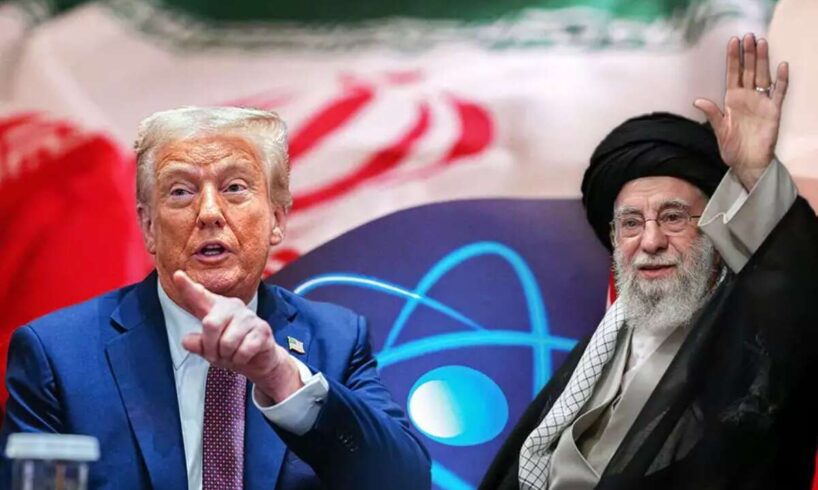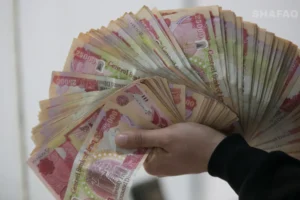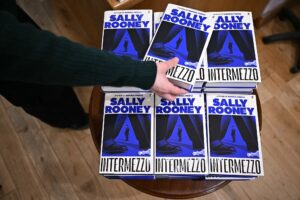
According to multiple reports from Paris, Berlin and London, the activation of the snapback mechanism to reimpose all sanctions lifted from Iran under the 2015 nuclear deal now appears almost inevitable. It would take something highly unusual to delay or prevent the move.
Russia, and possibly China, is working to push a UN Security Council resolution that would block the mechanism, but for now the E3 powers (France, Germany and the UK) seem intent on following through on their threat, as they have pledged in recent months. The step is expected to be taken in the coming days.
The snapback option was never the Europeans’ preferred course. They had hoped to wield the threat of renewed sanctions as leverage to pressure Tehran into accepting an upgraded nuclear deal with the US. To that end, they were prepared to delay implementation for another six months, provided Iran met several conditions.
Iran. The Iranian axis has suffered significant damage. Photo: Reuters Reuters
But with no agreement in sight, the Europeans are faced with two choices: either undermine their credibility by backing down, or proceed with the sanctions knowing it will further reduce the chance of a deal. They appear to have chosen the lesser of two evils. European officials may also hope that added pressure on the regime in Tehran will force it to retreat from its insistence on the right to enrich uranium on Iranian soil.
In Tehran, however, leaders are signaling that they view the move as unavoidable and are seeking to downplay its impact. The Revolutionary Guard would prefer to avoid the E3 activating the mechanism, but the Iranian leadership insists it will not grant concessions to stop what it sees as an illegal step. In any case, the real prize for Iran lies in Washington, which alone has the power to lift all sanctions, especially on the vital energy sector.
For that reason, Iran sees little point in making compromises with Europe. Any significant concessions, such as reinstating inspectors at enrichment sites, would be reserved for negotiations with the US in exchange for a full removal of sanctions.
Since the Europeans had conditioned a delay of snapback on an Iran-US agreement, which Washington itself has shown little interest in pursuing, the chances of avoiding renewed sanctions were slim from the start.
Siege mentality
Iran is bracing for another “dose” of sanctions. While the Islamic republic is likely capable of weathering further restrictions, including a renewed arms embargo, the impact will still be felt in the weakening of its currency, in added diplomatic isolation, and in the deepening of what Iranian officials already describe as a “siege mentality.”
The move will further strain Tehran’s already tense relations with Germany, Britain and France, while strengthening its turn toward the “global south,” in particular Russia and especially China, both politically and economically. Yet this is not the “final nail in the coffin” for the regime.
Trump and Khamenei. Photo: AFP, EPA
Among the possible Iranian responses is withdrawal from the Nuclear Non-Proliferation Treaty (NPT). While this cannot be ruled out, the leadership has so far tried to avoid severing ties completely with the international community. As evidence, inspectors from the International Atomic Energy Agency have recently been allowed back into the Bushehr reactor, though only for monitoring fuel rod replacement, not the damaged enrichment sites at Fordo and Natanz.
Tehran may retaliate diplomatically, such as declaring that the E3 are no longer part of the nuclear negotiations, or even suspending its membership in the NPT temporarily. But in practice, it lacks the means to deter the Europeans from carrying out their threat.
Iranian magazine ahead of US-Iran talks EPA
The bottom line is that if and when the snapback mechanism is activated, it will in effect push Iran and the US further away from returning to a nuclear deal, the opposite of the E3 powers’ original aim of using it as a tool to secure a new agreement.
The economic impact of renewed sanctions is unlikely to be catastrophic, but it will still harm Iran’s economy. The harshest blow would come from curtailing its oil exports to China, a step that has not yet been taken. Tehran is expected to react harshly, but it will likely avoid measures that would completely close the door to negotiations, however slim the prospects of a new agreement may be.





